People
The Musicology and Ethnomusicology Hub is directed by Professor Sally Macarthur, Professor Jennie Shaw, and Dr Jula Szuster, in conjunction with Associate Professor Luke Dollman.
Collectively, the team’s expertise ranges across time, place and cultures.
Directorate
-
Professor Sally Macarthur
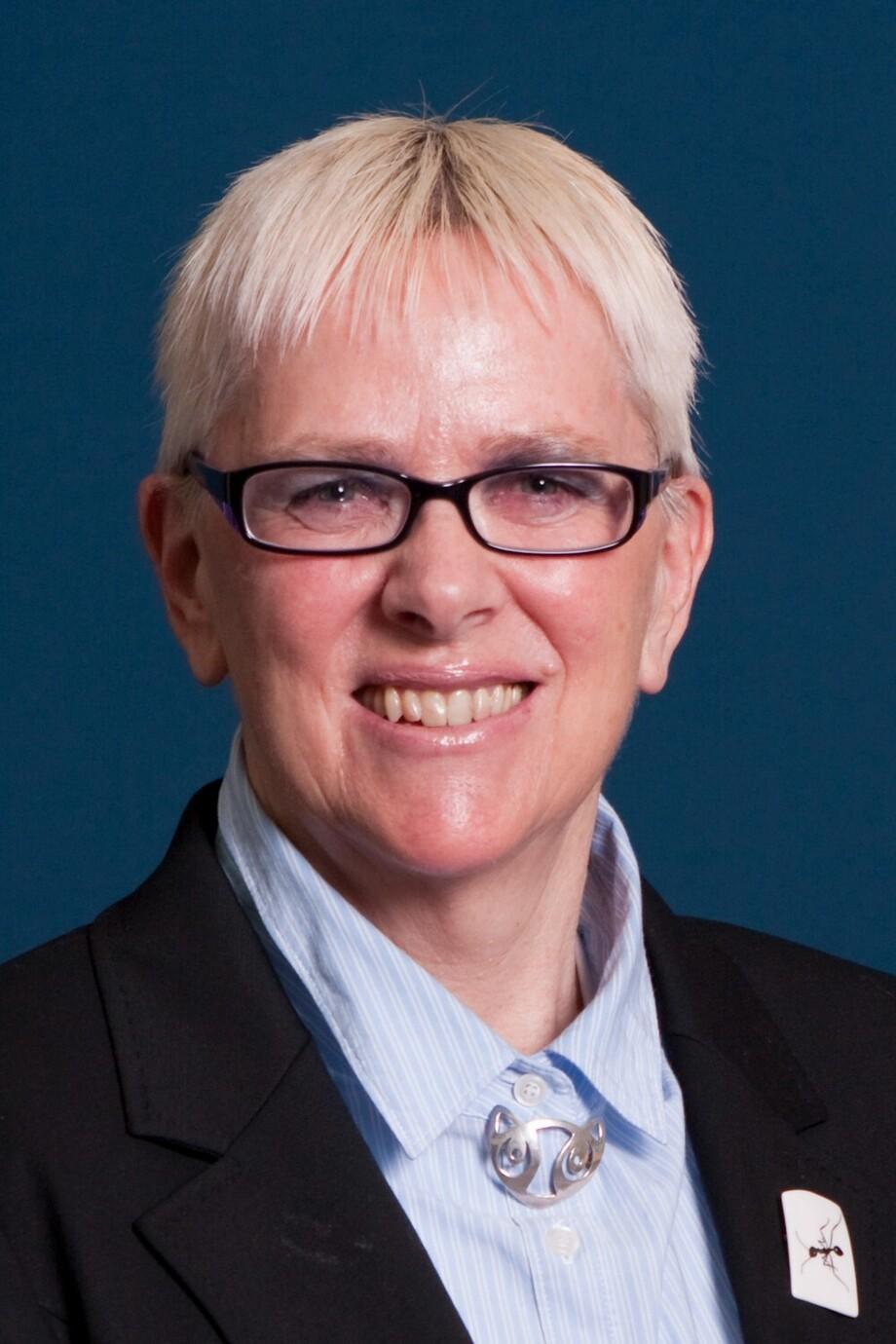
Sally Macarthur is Adjunct Professor of Music at the University of Adelaide and at Western Sydney University.
Her research draws on Deleuzian, feminist and new materialist philosophies to investigate twentieth and twenty-first century music. She is the author of two books, Towards a Twenty-First-Century Feminist Politics of Music (Ashgate, 2010) and Feminist Aesthetics in Music (Greenwood Press, 2002), and co-editor of three books, Music’s Immanent Future: The Deleuzian Turn in Music Studies (Routledge 2016), (Inter)cultural Issues and Musical Contexts (AMC 2006), and Musics and Feminisms (AMC, 1999). Recent book chapters appear in Sound Changes (University of Michigan Press, 2021), The Difference that Identity Makes (Aboriginal Studies Press, 2019), Musical Encounters with Deleuze and Guattari (Bloomsbury, 2017) and Music’s Immanent Future (Routledge 2016), and recent articles appear in the Journal of Music Research Online, Musicology Australia, and the British Journal of Music Education.
She has written an entry on the Australian composer, Anne Boyd, for Grove Music Online and her research has been disseminated in The Conversation and published in professional journals, such as the Journal for the International Alliance for Women in Music, and Music Forum. Sally was one of five investigators on an international study of women in music led by Distinguished Professor Dawn Bennett. For many years Sally was the Director of Academic Program (Music and Music Therapy) at Western Sydney University. She is currently exploring the relationships between gender, marginality, and civility within institutional music settings.
-
Professor Jennie Shaw
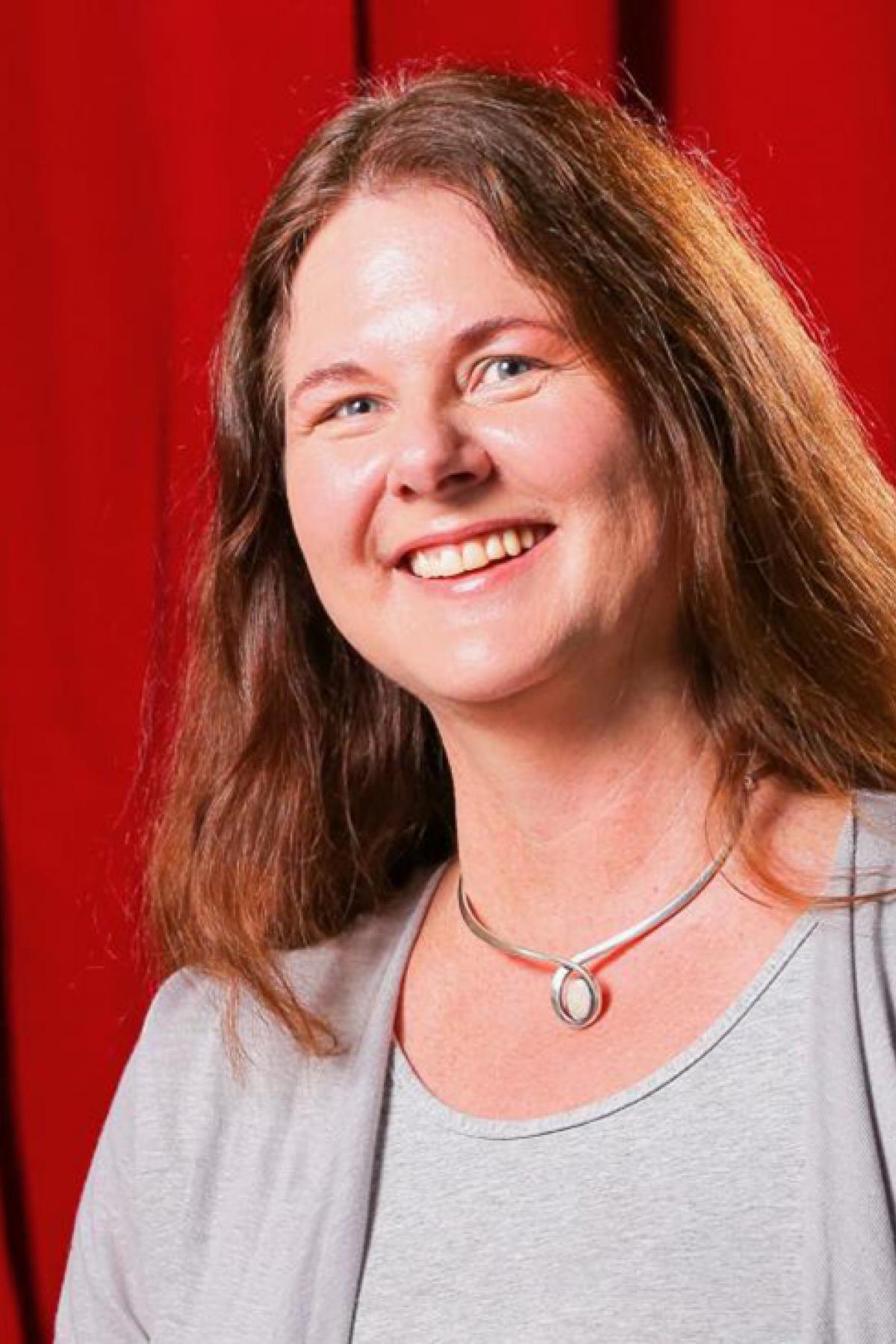
Professor Jennie Shaw is Deputy Vice-Chancellor and Vice-President (Academic) at the University of Adelaide. Previously she was Interim Deputy Vice-Chancellor and Vice-President (Academic) (June 2020 – September 2021) and Executive Dean of the Faculty of Arts at The University of Adelaide (October 2013 – September 2021) where she oversaw the Schools of Humanities, Social Sciences and Education, the Elder Conservatorium of Music, the Stretton Institute, the Sia Furler Institute for Contemporary Music and Media, the National Centre for Aboriginal Language and Music Studies (NCALMS), the Centre for Housing, Urban and Regional Planning, the Hugo Centre for Migration and Population Research, the Fay Gale Centre for Research on Gender, the J M Coetzee Centre for Creative Practice and the University of Adelaide’s node of the ARC Centre of Excellence in the History of Emotions. Previous roles at other institutions include that of Pro Vice-Chancellor and Dean of the Faculty of Arts and Sciences at the University of New England (2010-13), Head, School of Arts, UNE (2008-2010) and inaugural Director of Arts New England - UNE Centre for Research and Innovation in the Arts, and Associate Dean and Head of School at the Sydney Conservatorium of Music, University of Sydney. With a background in law and music, she has experience teaching music at Stony Brook University, Rice University, the University of Melbourne and University of Sydney, and law at Flinders University. In the not-for-profit sector she has worked as National Facilitations Manager for LEADR (now Resolution Institute), an alternative dispute resolution provider.
A former NEH Fellowship recipient and American Musicological Society Paul A. Pisk Award winner, Jennie holds a BA Honours (First Class and University Medal) and LLB (Honours First Class) from the University of Sydney and an MA and PhD from Stony Brook University. Her research and teaching interests cross the arts and humanities broadly, with a particular focus on the Second Viennese School and on creative practice as research. Publications include Music’s Immanent Future: The Deleuzian Turn in Music Studies, edited with Sally Macarthur and Judy Lochhead, and the Cambridge Companion to Schoenberg, edited with Joseph Auner. She is on the editorial board of the Journal of Music Research Online and since 2001 has been editor/reviews editor of the premier music journal in Australia, Musicology Australia.
An oboe and cor anglais performer, Jennie also currently sits on the advisory board of the Helpmann Academy in South Australia and chairs the Australian Music Examinations Board (South Australia & Northern Territory). She is a Trustee of AMF (Australia), which provides scholarship funding for Australian music students to study overseas, and Deputy Chair of the federal Board of Directors of the AMEB. She has served on the Executive Boards of the Musicological Society of Australia and DASSH (Australasian Deans of Arts, Social Sciences and Humanities). With Professor Graeme Koehne OA, Jennie co-founded the University of Adelaide’s Open Music Academy, a pre-tertiary unit started in 2017 and funded in part by state government grants (2019-24) that provides high quality, weekly one to one lessons to over 300 students and in-person music learning experiences for thousands of students and teachers across regional and remote communities in South Australia. She is passionate and committed to working closely with students, colleagues and a range of cultural organisations in South Australia.
-
Dr Jula Szuster
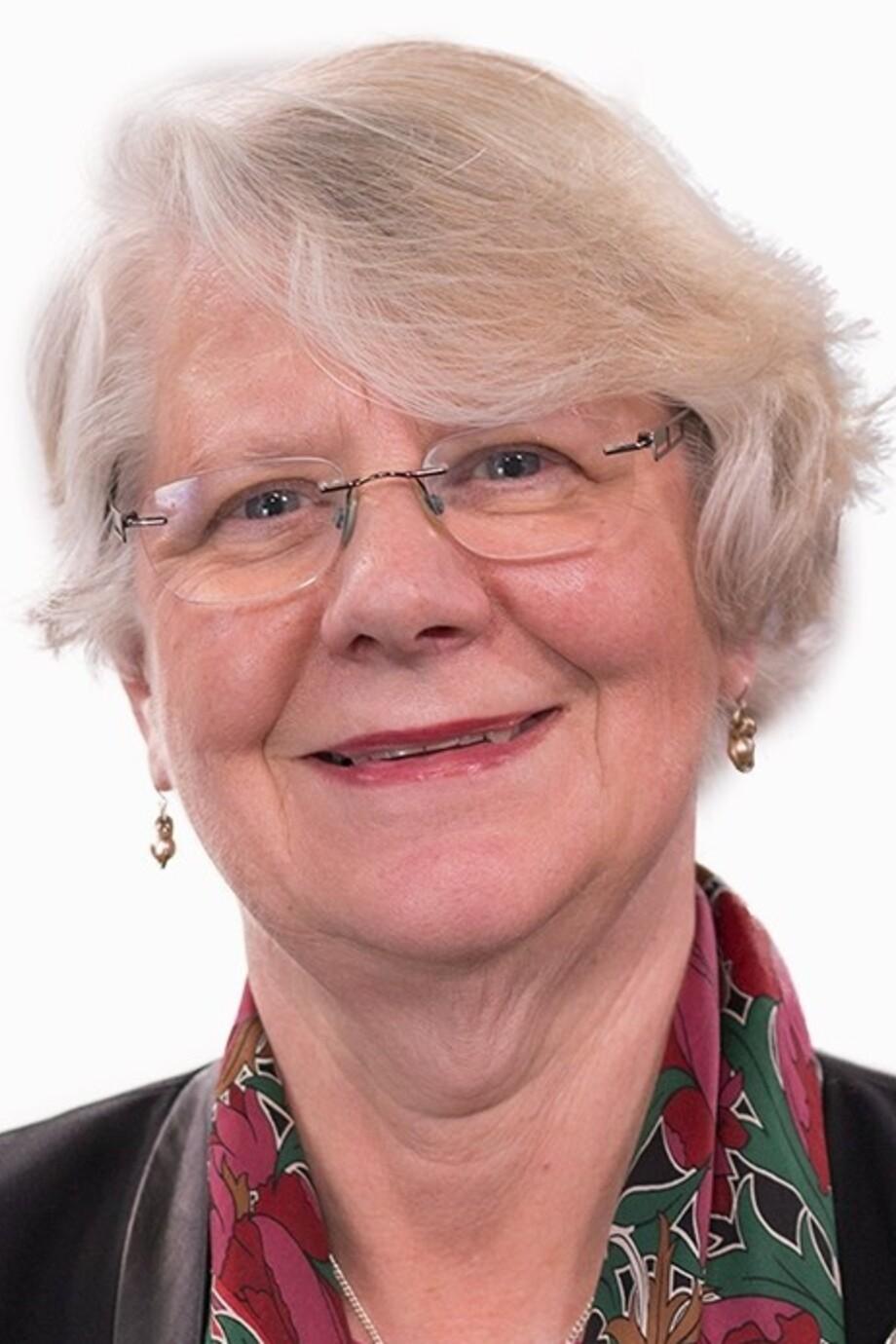
Jula Szuster is a musicologist and Visiting Research Fellow at the Elder Conservatorium, University of Adelaide. Her research interests include music in colonial Australia and 17thCentury Italian baroque music and she has published academic journal articles, book chapters and entries in The New Grove Dictionary of Music and Musicians and Die Musik in Geschichte und Gegenwart Online. She is a co-founder and managing editor of the Journal of Music Research Online published by the University of Adelaide, and co-editor of Owner-Bound Music Collections in Australia and New Zealand (forthcoming Lyrebird Press, Melbourne)
From 1973 until 1990 she held senior management positions in the Music Branch of the SA Department of Education, responsible for the instrumental teaching service in the state. In the years 1991 to 2007 Jula was a senior manager and responsible for policy development in the SA Government’s arts funding authority, Arts SA. From 2004 to 2010 she was a casual lecturer in the Arts and Cultural Management program at the University of SA.
Board and committee work has included the membership and then chair of the SA Selection Committee of the Fulbright Scholarships (1999-2004); board member of the ‘Come Out’ Festival for Young People (2008-2010); board member (2008-2011) and then deputy chair (2012-2015) of the Adelaide Youth Orchestra; and currently board member of Chamber Music Adelaide (since 2019), and board member (2018-2020) and now chair (since 2020) of the Adelaide Chamber Singers.
Jula’s membership of professional associations include president of the SA Chapter of the Musicological Society of Australia (1996 – 2009), and she is a life member of the Australian College of Educators (MACE).
As a performer Jula is an organist, choral conductor and singer.
International advisory board
The Hub is supported by an International Advisory Board who help shape our projects and facilitate opportunities for research collaboration.
-
Dr Elizabeth Wood (Chair), Independent Scholar. New York
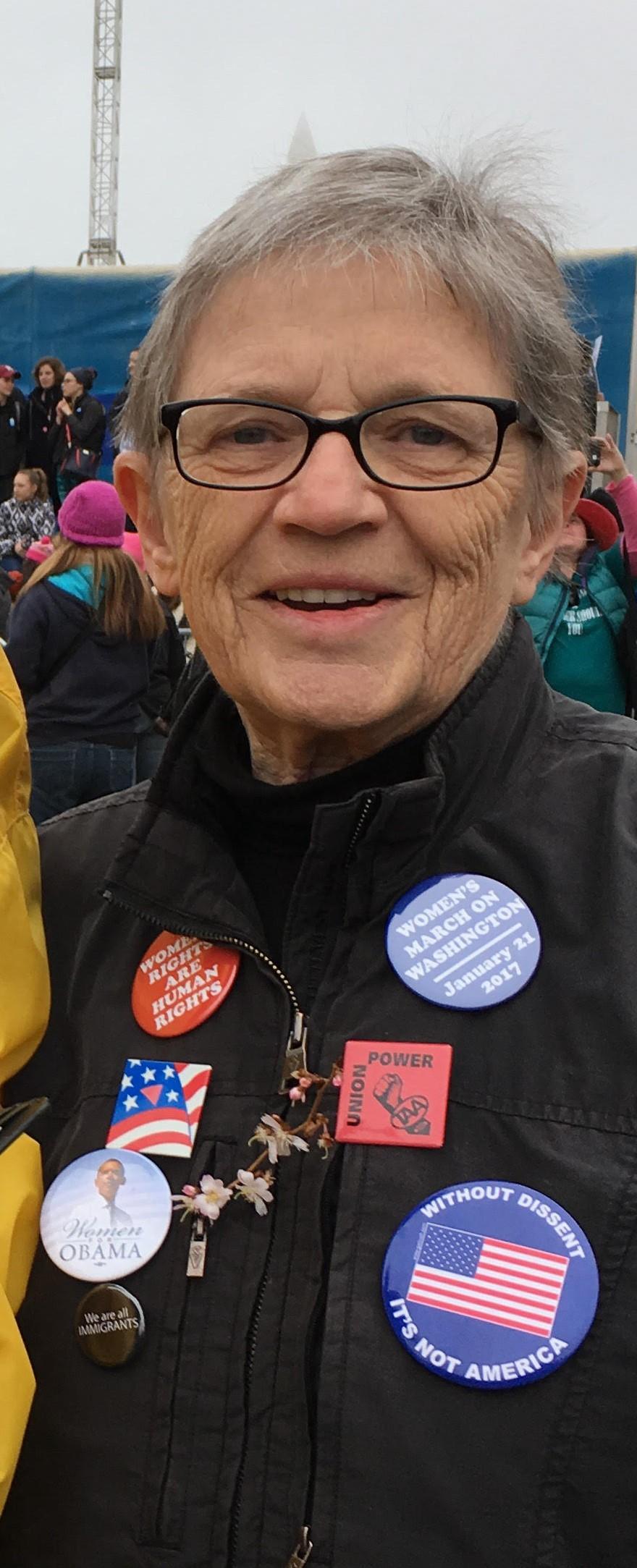
Elizabeth Wood was educated at the University of Adelaide (BA Hons., PhD., musicology) and has lived in New York since 1977. She has taught graduate and undergraduate courses in New York in music history, literature, feminist history and theory, women’s studies, nonfiction writing about music and sound, and LGBTQ+ studies.
She has presented public lectures and conference papers at universities internationally. Her work includes a novel, the first history of Australian opera and a series of critical studies of Ethel Smyth. A Fulbright Scholar and National Endowment for the Humanities (USA) Fellow, she received the Tormore prize (Adelaide) and Philip Brett Award (AMS) for her essays, and a New York State Council on the Arts award for her journalism in regional arts.
She was co-editor with Philip Brett and Gary Thomas of the path-breaking collection Queering the Pitch: The New Gay and Lesbian Musicology (1994) and co-author with Brett of the controversial article on lesbian and gay music in Grove’s The New Dictionary of Music and Musicians. Having also worked in radio and newsprint journalism, schools and adult education, she is interested in the ways freelance musicians and music scholars can make accomplished and fulfilling careers outside the academy.
-
Professor Michael Burden, New College, Oxford
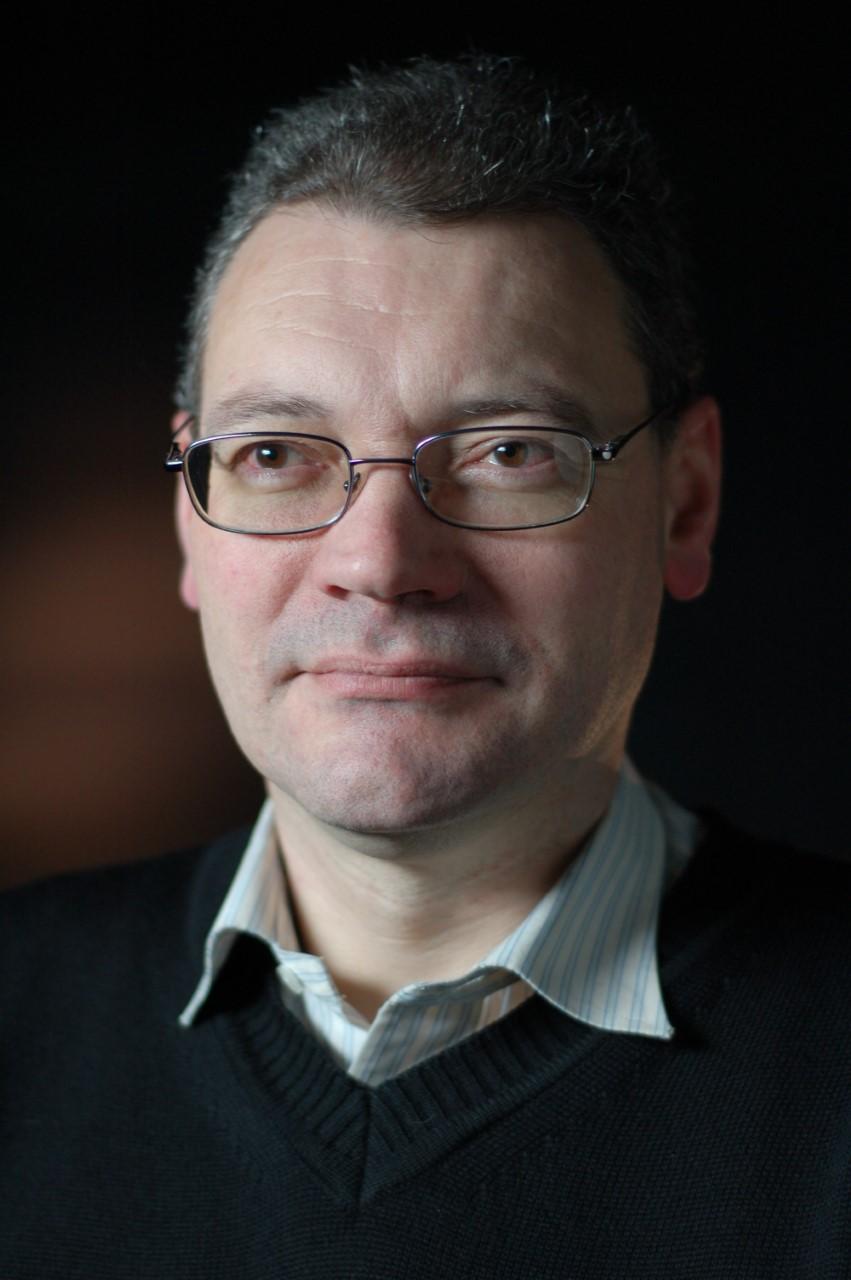
Michael Burden, FAHA, is Professor of Opera Studies at Oxford University; he is also Dean and Fellow in Music at New College. His published research is on the music of Henry Purcell, and on aspects of dance and theatre in the seventeenth, eighteenth, and nineteenth centuries. Publications include a collection of opera documents, the five-volumed London Opera Observed 1711-1843, a study of the London years of the soprano Regina Mingotti, and a jointly edited volume, Staging History 1740-1840. He and Jennifer Thorp have worked on three volumes: Le Ballet de la Nuit: Rothschild B1/16/6, The Works of Monsieur Noverre translated from the French, and With a grace not to be captured: Representing the Georgian theatrical dancer, 1760-1830.
Among his recent articles are those on the Opera House activities of the artists Biagio Rebecca and Henry Tresham, and on the development of the London Italian operatic canon. His on-going research project is the online calendar, The London Stage 1800-1844, https://londonstage.bodleian.ox.ac.uk. He has served on numerous academic and editorial boards, and was for three years President of the British Society for Eighteenth Century Studies.
His interests outside music are detective fiction, art, and architecture; his first book was Lost Adelaide: A Photographic Record.
-
Professor David R. M. Irving, Catalan Institution for Research and Advanced Studies (ICREA)
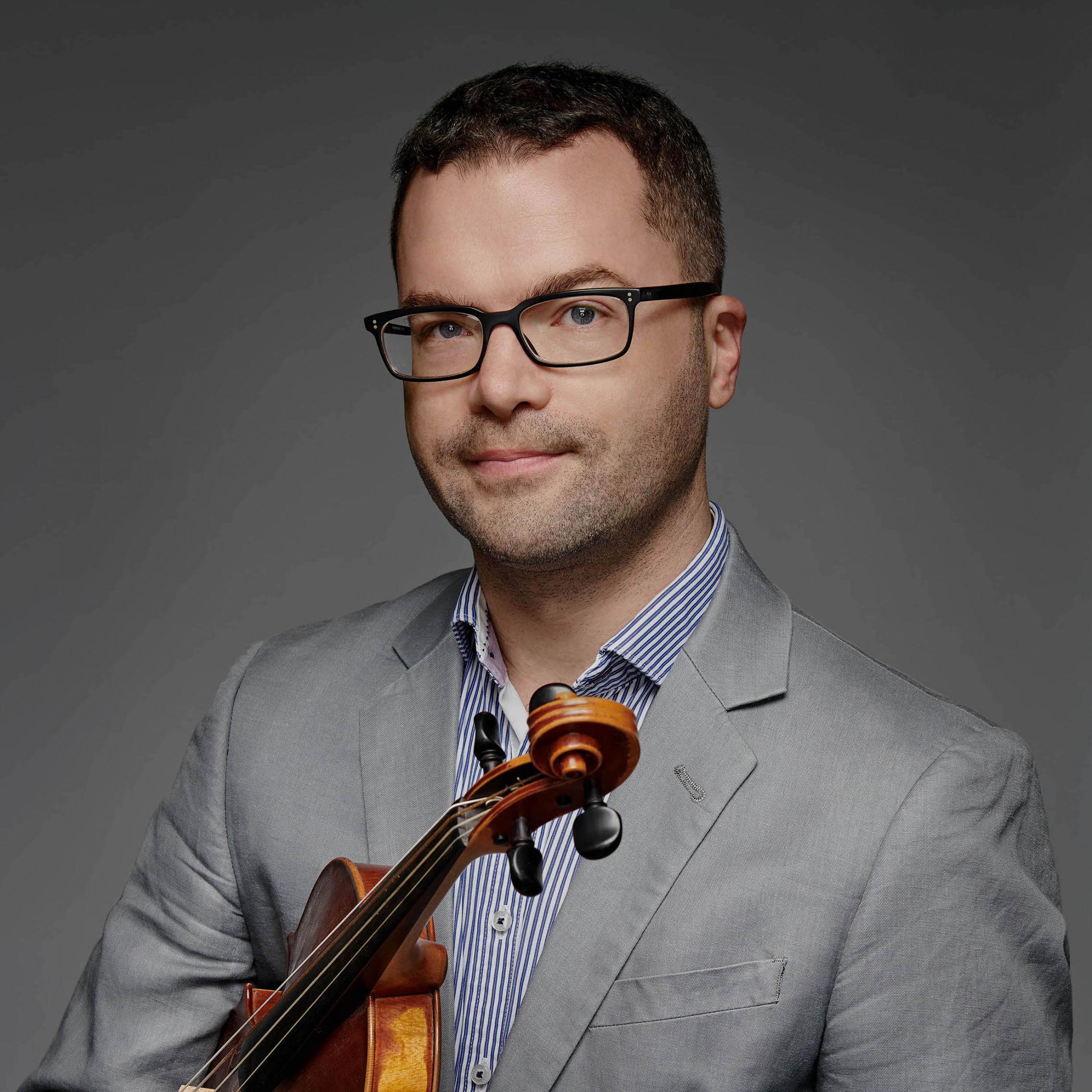
David R. M. Irving is an ICREA Research Professor at the Institució Milà i Fontanals de Recerca en Humanitats–CSIC, Barcelona. His research focuses on the role of music in early modern intercultural exchange, especially in the Asia-Pacific region. He is the author of Colonial Counterpoint: Music in Early Modern Manila (Oxford, 2010), co-editor of Eighteenth-Century Music, and co-general editor of the six-volume series A Cultural History of Western Music, forthcoming from Bloomsbury (2023). He received the Jerome Roche Prize from the Royal Musical Association in 2010 and the McCredie Musicological Award from the Australian Academy of the Humanities in 2015.
-
Dr Gavin S. K. Lee, University of Sydney

Gavin S.K. Lee is a Senior Lecturer in Historical Musicology (Horizon Educator) at Sydney Conservatorium, and Elizabeth Wood fellow, Honorary Senior Lecturer, and International Advisory Board member of the Musicology Hub at University of Adelaide. Author of 6 Q1 journal articles (out of 10 in total) and editor of 4 collections, his queer, feminist, and global teaching and research interests have been focused on Schumann, Hanslick, medieval women, queer listening, Republican Chinese composers (1912–1949), and cosmopolitan Singaporean avant-gardes such as Robert Casteels and John Sharpley. Previously, he was a visiting scholar at Western Sydney University (2022–23) and taught at Soochow University, China for 9 years. In addition to serving as editor of the International Musicological Society's publication 'Musicological Brainfood', he was appointed as a member of Indiana Theory Review's editorial board, Society for Ethnomusicology Council, and Society for Ethnomusicology 2023 conference program committee. Lee has presented guest lectures in the US, Australia, South Korea, Taiwain, and China, including a keynote for the Musicological Society of Australia 2023 conference. He is the editor of Queer Ear (OUP, 2024 Society for Music Theory award), Rethinking Difference in Gender; Sexuality, and Popular Music (Routledge), and the special journal issues 'Global Musical Modernisms' (Twentieth-Century Music) and 'Global Music History Course Design' (Journal of Music History Pedagogy). Lee has collaborated with around 200 researchers in editing publications and convening conference panels.
-
Professor Judith Lochhead, Stony Brook University
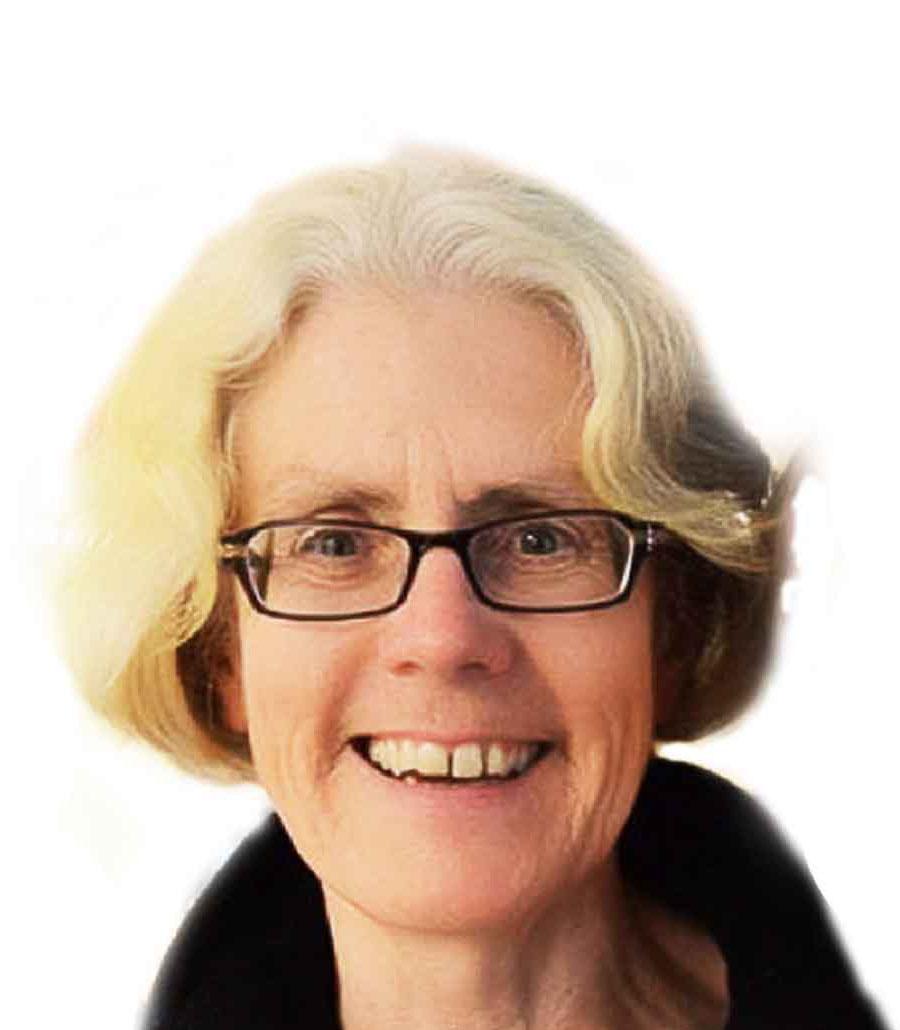
Judith Lochhead is a music theorist and musicologist whose work focuses on recent musical practices of primarily North America and Europe. Lochhead has articles appearing in such English-language journals as Music Theory Spectrum, the Journal of the American Musicological Society, Music Theory Online, Theory and Practice, In Theory Only, Perspectives of New Music, Intégral, Indiana Theory Review, and others. Lochhead also has articles in several edited collections, including in The Oxford Handbook on Spectral Music and The Oxford Handbook of Sound and Imagination. Book-length publications include Reconceiving Structure: New Tools in Music Theory and Analysis (Routledge, 2015); Music’s Immanent Future: Beyond Past and Present, co-edited with Sally Macarthur and Jennifer Shaw (Ashgate 2016); Sound and Affect: Sound, Music, World, edited by Judith Lochhead, Eduardo Mendieta, and Stephen Decatur Smith (University of Chicago Press 2021); and Postmodern Music/Postmodern Thought, co-edited by Judith Lochhead and Joseph Auner (Routledge 2001).
Lochhead’s current projects include: ‘Émilie du Châtelet, Kaija Saariaho and Heroes of the 21st Century’, The Heroic in Music from Medieval Times to the Present Day; ‘Timbre’s Realities: A Phenomenological Study of Liza Lim’s Extinction Events and Dawn Chorus’, forthcoming in the Oxford Handbook of the Phenomenology of Music , eds, Steege, Wiskus, De Souza (Oxford); ‘Situational Multiplicities: A Queering analysis of Chaya Czernowin’s Anea Crystal’ to appear in Queering Music Theory, ed. Lee (Oxford).
-
Professor Susan McClary, Case Western Reserve University
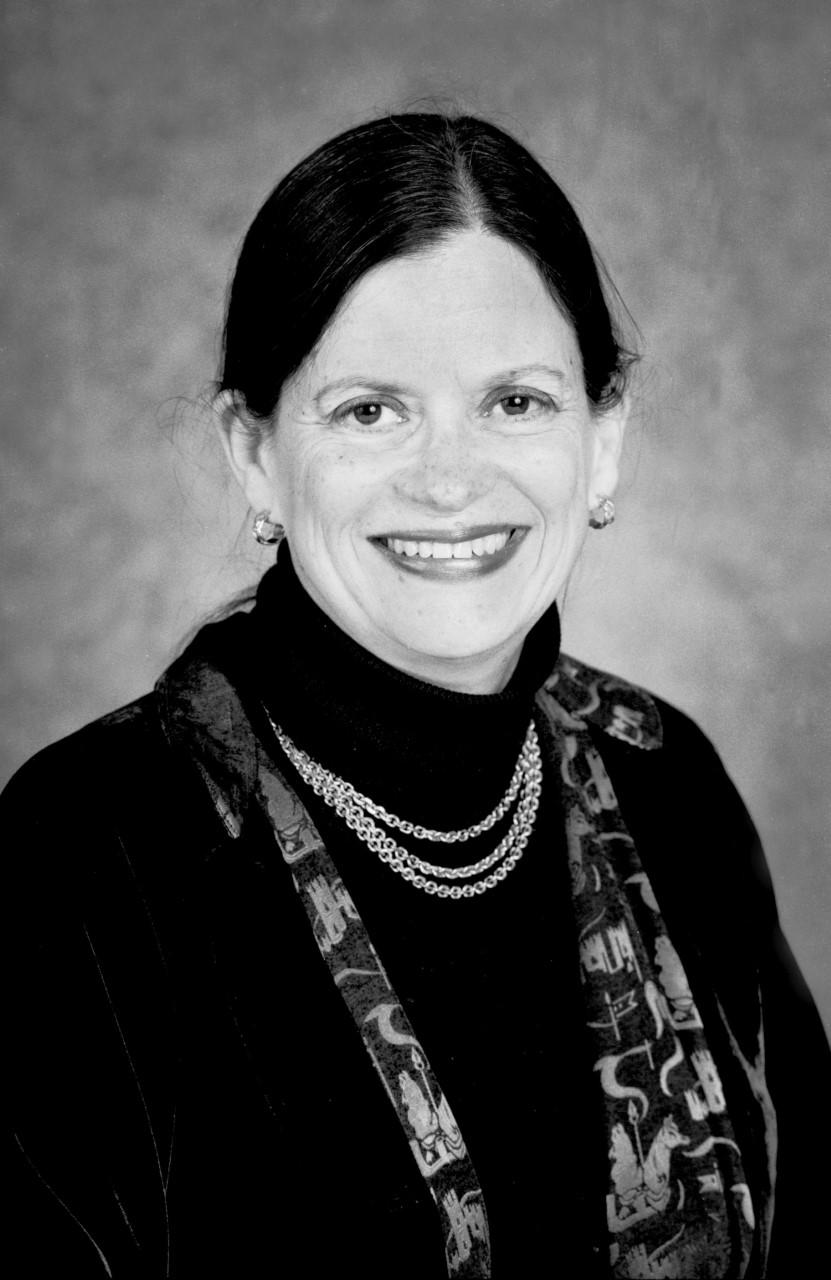
Susan McClary (B Mus, SIU; PhD, Harvard) is Fynette H. Kulas Professor of Music at Case Western Reserve University; she has also held professorships at the University of Minnesota, McGill University, UCLA, and University of Oslo. Her research focuses on the cultural analysis of music, both the European canon and contemporary popular genres. In contrast with an aesthetic tradition that treats music as ineffable and transcendent, her work engages with the signifying dimensions of musical procedures and deals with this elusive medium as a set of social practices. Best known for her book Feminine Endings: Music, Gender, and Sexuality (1991), she is also author of Georges Bizet: Carmen (1992), Conventional Wisdom: The Content of Musical Form (Bloch Lectures, 2000), Modal Subjectivities: Renaissance Self-Fashioning in the Italian Madrigal (2004), Reading Music: Selected Essays (2007), Desire and Pleasure in Seventeenth-Century Music (2012), The Passions of Peter Sellars: Staging the Music (2019), co-editor of Music and Society: The Politics of Composition, Performance and Reception (1987), and editor of Structures of Feeling in Seventeenth-Century Expressive Culture (2012). Her work has been translated into at least twenty languages, and she has advised more than fifty dissertations. McClary received a MacArthur Foundation ‘Genius’ Fellowship in 1995.
-
Professor Gillian M. Rodger, University of Wisconsin, Milwaukee
Gillian Rodger’s on-going research interests cluster around popular musical theatre of nineteenth-century America and working-class popular culture. She is exploring the early history of variety theatre (the form that preceded vaudeville) and its connections to other musical theatre forms including minstrelsy and burlesque. In a recently published article in the journal American Music, she examines theatre law in New York State, showing how variety theatres were run, and, indeed, how what could appear on their stages was shaped to a large extent by changes to theatre law and the threat of police raids. Her article, ‘“He isn’t a marrying man”: Gender and Sexuality in the Repertoire of Male Impersonators, 1870–1920," reveals that until the 1890s or later, female-to-male cross-dressed performances were intended to subvert class rather than gender or sexuality. Dr. Rodger’s work on popular culture extend to the present, and a forthcoming essay in Popular Music examines the performance strategy employed by the Scottish singer Annie Lennox, arguing that this performer employs tactics not unlike those of nineteenth-century character singers in her approach to music, and through this performance provides an on-going and cutting critique of gender.
In all of her work Rodger focuses on song and singing, and particularly on song as a dramatic moment. She argues that in non-narrative theatre—that is, theatre without a linking or overarching narrative structure—song functions to provide narrative periods in the performer’s act. Popular songs of the late nineteenth and early twentieth centuries relied heavily on stereotypical characters and scenarios and the skills of the performers were instrumental in bringing these songs to life.
-
Associate Professor Chris Stover, Queensland Conservatorium, Griffith University
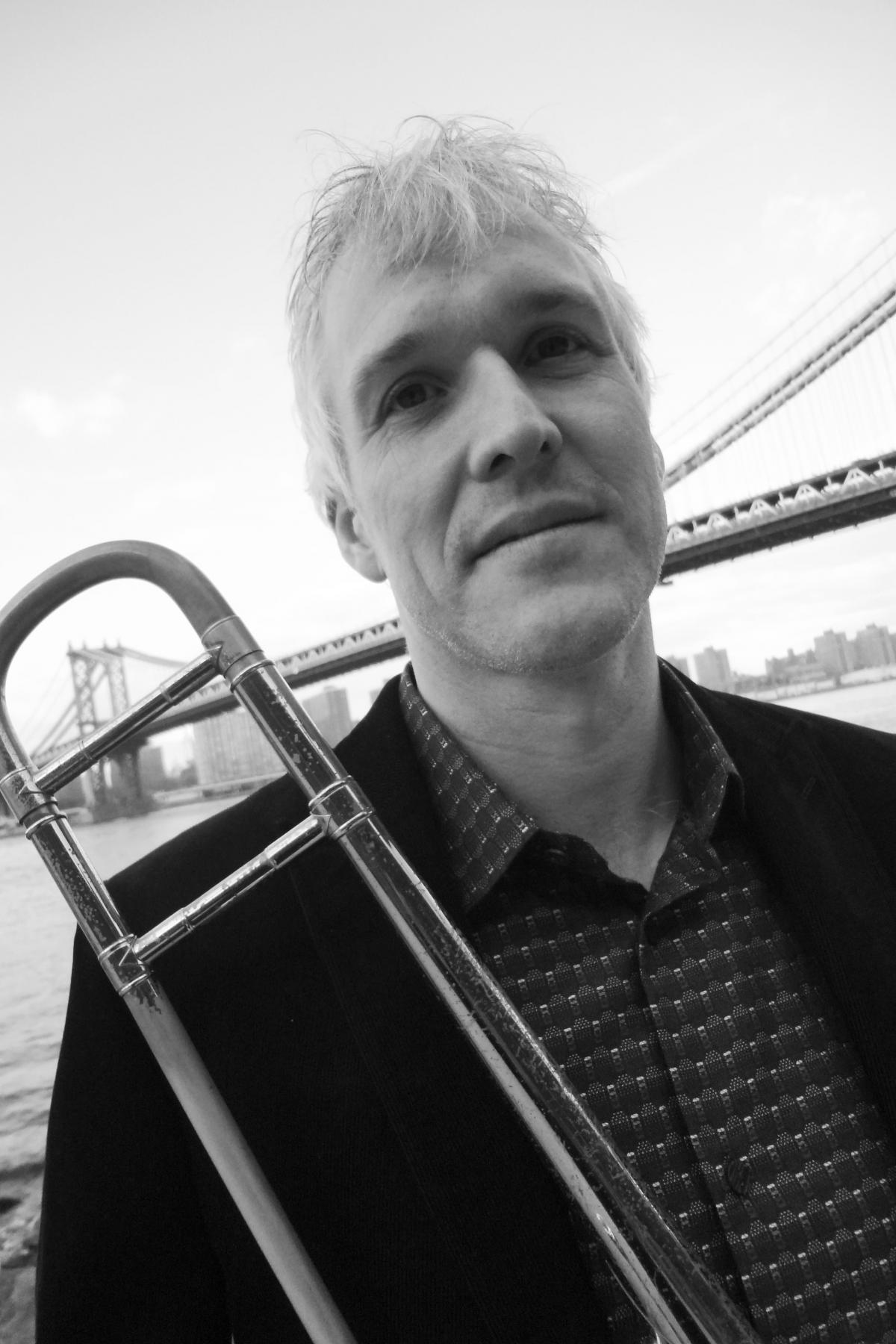
Chris Stover is a teacher, researcher, improviser, composer, and Associate Professor of Music Studies and Research at Queensland Conservatorium, Griffith University, where he convenes the HDR program, lectures in music theory and music history, and directs the Afro-Cuban ensemble Con Alma. His book Reimagining Music Theory: Contexts, Communities, Creativities was recently published by Routledge as part of the College Music Society's Emerging Trends in Music series, and he has recently completed Timeline Spaces, a book on temporal-relational processes in African and Afro-diasporic music, which is in production with Oxford University Press. He is co-editor of Rancière and Music (Edinburgh University Press, with João Pedro Cachopo and Patrick Nickleson), Music Theory in the Plural (a special issue of Music Theory Online, with Edwin Li and Anna Yu Wang), and "Beyond Western Musicalities" (a special issue of Engaging Students, with Leslie Tilley and Anna Yu Wang), among many other endeavours. Along with Edward Campbell he is co-series editor of Resonances: Engagements with Music and Philosophy (Edinburgh University Press), which has its inaugural volumes coming out in 2025. His research focuses on interaction and improvisation in Afro-diasporic musics, Deleuze and Guattari, queer, feminist, decolonial, and affect theory, phenomenology, popular and traditional musics of Cuba and Brazil, and music theory pedagogy. In 2019–2020 he was a Research Fellow in Music, Time and Consciousness at the RITMO Centre for Interdisciplinary Studies in Rhythm, Time, and Motion, University of Oslo, and in 2015 he was a Fulbright Research and Teaching Fellow in Brazil. Many recordings and writings can be found at www.chrisstovermusic.com.
-
Associate Professor Emily Wilbourne, City University of New York

Associate Professor Emily Wilbourne
Emily Wilbourne is Associate Professor of Musicology at Queens College, in the City University of New York, and at the CUNY Graduate Center. From 2017–2021 she was Editor-in-Chief of Women & Music: A Journal of Gender and Culture, and she currently serves on the editorial board of the Journal of the American Musicology Society. Her first book, Seventeenth-Century Opera and the Sound of the Commedia dell’Arte, was published in 2016 by the University of Chicago Press, and a collection of essays, co-edited with Suzanne G. Cusick, Acoustemologies in Contact: Sounding Subjects and Modes of Listening in Early Modernity, was published by Open Book Press in Cambridge in early 2021; the collection is available free of charge via open access. Dr. Wilbourne’s articles have appeared in the Journal of the American Musicological Society, Women & Music, Recercare, Teatro e storia, Italian Studies, Echo, and Workplace, as well as in several Oxford Handbooks. In 2011, Dr. Wilbourne was awarded the Philip Brett Award for excellence in queer music scholarship for her article, ‘Amor nello specchio (1622): Mirroring, Masturbation, and Same-Sex Love’; in 2017–18, she was the Francesco De Dombrowski Fellowship at the Harvard University Center for Renaissance Studies at Villa I Tatti in Florence. Dr. Wilbourne is in the final stages of a second monograph, Opera’s Others: Race, Voice, and Slavery in Seventeenth-Century Florence, under contract with Oxford University Press.
Members and affiliates
View an overview of our Musicology and Ethnomusicology members and affiliates.
